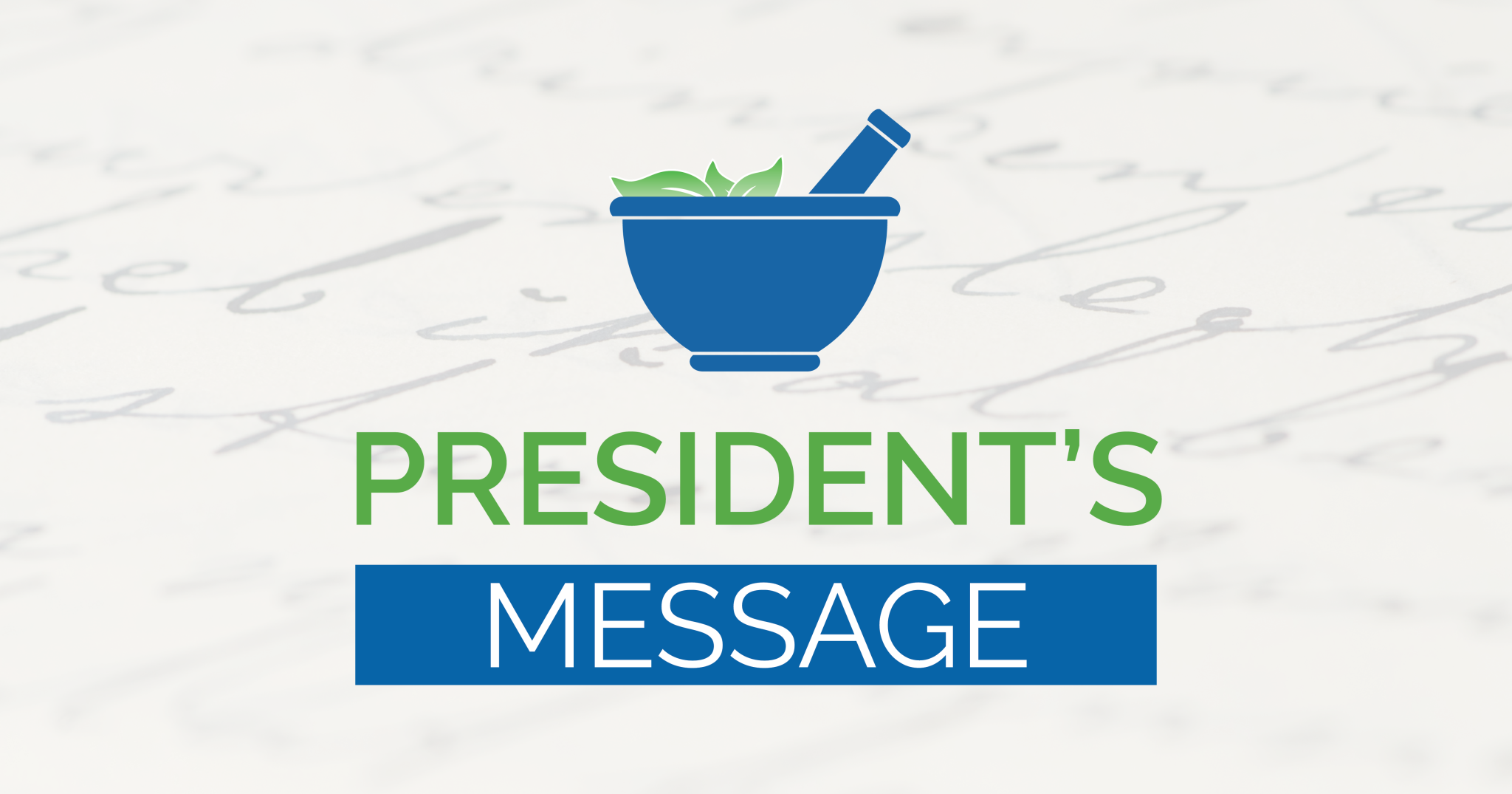Present Foresight to Protect the Future

By Mark Land, MS, RAC-US, AAHP President
AAHP planned this issue of the newsletter to focus on stewardship several months ago as part of our annual editorial calendar. I knew when we settled on the topic of stewardship that I would need inspiration. The inundating Diversity, Equity, and Inclusion (DEI) rhetoric over the past few years has nearly had the opposite affect of numbing to all but the edges of the topic. Fortunately, the national honor society Phi Kappa Phi provided the inspiration I needed in its Forum magazine in a broad context on stewardship of language, history, and land.
In the article “The Bright Idea of Stewardship,” author Jane Brox wrote: Stewardship asks something of the spirit. A generosity toward more than what we claim as ours. It releases us from the confines of our own narrow vision, and its reverberations are often unforeseen.
Not to repeat AAHP’s Feb. 2024 newsletter focused on environmental stewardship, we adopt this broad idea on stewardship of respect in the AAHP issue. Respect of those in our workplace, providers of our businesses’ goods and services, and of our consumers is good business practice as well as the right mindset. Fairness and respect struggle for a front seat in our minds as we navigate competition and other daily challenges.
So what can we learn from Jane Brox? She says stewardship asks something of the spirit. If so, in what ways? Well to start one must be motivated to rise above competitive urges to protect self-interests. This doesn’t happen without effort. Protecting self-interests takes many forms and often extends to protecting the interests of a group to which we belong at the expense of other groups. Reaching beyond those instincts asks something of the spirit.
Brox next writes: a generosity towards more than what we claim as ours. This idea is a companion to something of the spirit idea. A generosity towards something that is not ours. In her article, Brox was writing about stewardship of public lands in coastal Maine. If we use that metaphor, we see that the something that we don’t claim as ours in that context relies solely on our good graces. Fortunately, that is not so true when we are speaking about other people or other groups of people. In that context stewardship means just giving others a chance. They will take it from there. That’s the human spirit.
Lastly, Brox says: It [stewardship] releases us from the confines of our own narrow vision, and its reverberations are often unforeseen. I think she is mostly right but perhaps it is the request of the spirit or, said another way, our conscience decision to act as stewards that releases us from the confines of our narrow vision.
The effects of stewardship over a long period of time are difficult to predict. Brox spoke of the growth of hemlocks on former pastureland that were under stress from insect infestation that would ultimately cause the hemlocks to be replaced by hardwood trees. Fair pay, fair treatment, fair opportunities will manifest their benefits in a wide variety of ways but ultimately their reverberations will result in a happier, healthier, and more productive future for all of us.
Reference:
Brox, J. “The bright idea of stewardship,” Phi Kappa Phi Forum, Spring 2024, ISSN 1538 5914, The Honor Society of Phi Kapp Phi, 7576 Goodwood Blvd., Baton Rouge, LA, 70806
